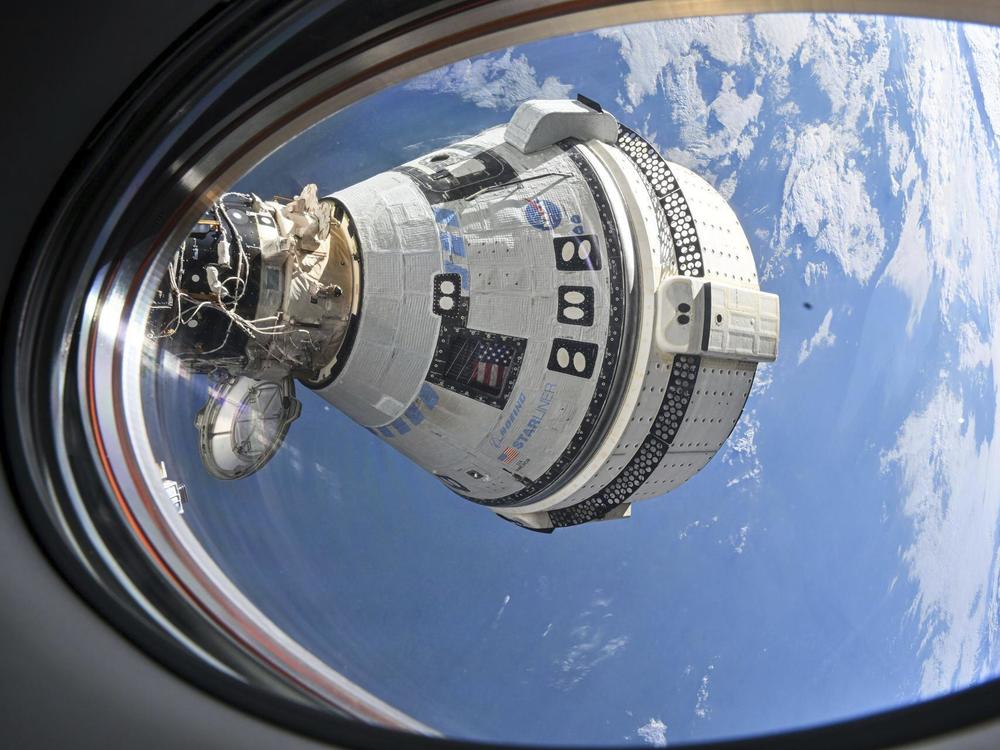Section Branding
Header Content
NASA delays next crew launch to buy time at the space station for troubled Starliner
Primary Content
NASA is delaying its next astronaut launch to buy more time at the International Space Station for Boeing's troubled new crew capsule.
The space agency said Tuesday it's bumping SpaceX's four-person flight from this month to next. It's now targeted for Sept. 24 at the earliest. Officials said that will give them more time to analyze thruster and leak problems that hit Boeing's Starliner capsule after its June liftoff, its first with a crew on board.
Tuesday marked the two-month point at the space station for Starliner's test pilots, Butch Wilmore and Suni Williams, who should have been back by mid-June. NASA is weighing all its options for returning the two veteran astronauts, including a ride home in a SpaceX capsule.
"NASA and Boeing continue to evaluate the spacecraft's readiness, and no decisions have been made regarding Starliner's return," NASA said in a statement. Further details were expected at a news conference set for Wednesday.
Only two docking ports at the space station can accommodate U.S. astronaut capsules and, right now, both are occupied. So one will need to be vacated before the next SpaceX crew can arrive. Russia has its own parking places for its Soyuz capsules.
The latest setback means the four astronauts who flew up with SpaceX in March now also face a longer mission than planned.
Over the past several weeks, Boeing has conducted thruster test firings on the ground as well as in space to better understand why five thrusters failed ahead of Starliner's June 6 arrival at the space station. All but one came back online. Helium leaks in the capsule's propulsion system also cropped up.
Citing the testing, the company late last week said: "Boeing remains confident in the Starliner spacecraft and its ability to return safely with crew."
Boeing and SpaceX topped NASA's list for astronaut taxi service to and from the space station, after the shuttles retired in 2011. NASA signed contracts worth billions with both companies in order to have a backup in case one of them got sidelined by an accident.
SpaceX launched its first crew in 2020; the upcoming flight will be its 10th astronaut flight for NASA. It's also sent a few private crews into orbit.
Boeing has had to overcome multiple Starliner problems over the years. The company had to launch an empty Starliner twice before committing to a crew, repeating the initial flight test because of bad software and other issues. The delays have cost the company more than $1 billion.

